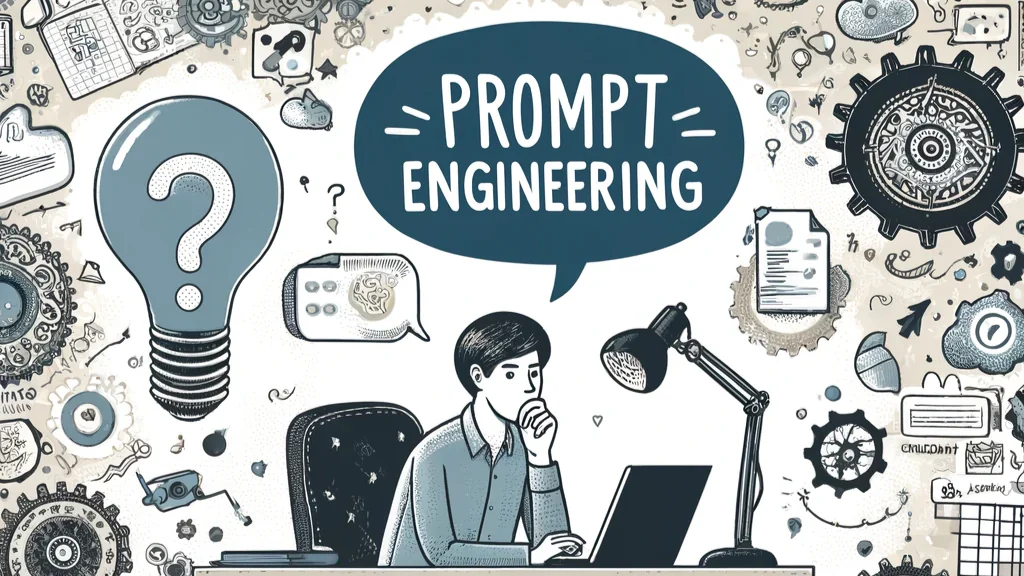Why the Job Market is Morphing Faster Than Ever
The last decade has brought an acceleration in how we work, what we work on, and why. Technology is a big driver, but it's not the only one. Climate change, digital lifestyles, remote work, data privacy, and even shifting values around purpose and flexibility are redefining the employment landscape.
What's changed isn't just what jobs exist—it's how quickly they emerge. Traditional education systems can barely keep up. And that’s actually good news: in a world of constant reinvention, adaptability becomes your greatest asset.
Top Jobs That Didn't Exist a Decade Ago
Let’s look at some standout roles that weren’t part of job boards in 2014 but are now shaping industries:
1. AI Prompt Engineer
With generative AI tools like ChatGPT or Midjourney becoming central to business and creativity, someone needs to know how to talk to the machines. Prompt engineers craft inputs that get the best, most accurate, or most creative results from AI.
Key skills: language fluency, creative thinking, basic understanding of AI models, and problem framing.
2. UX Writer
More than just writing buttons or help text, UX writers shape how we interact with apps and platforms. Their work sits at the intersection of design, psychology, and microcopy.
Why it matters: In an app-driven world, user clarity equals business success.
3. Sustainability Consultant
As ESG (Environmental, Social, and Governance) becomes a corporate priority, companies need experts to advise on waste reduction, ethical sourcing, and carbon footprints.
Notable shift: This role didn’t exist widely 10 years ago. Now it's critical, especially in fashion, food, and tech industries.
4. Drone Operator / Pilot
From filmmaking and agriculture to construction and disaster response, drones are now everywhere. And someone has to control, maintain, and navigate them.
Tip: It’s a mix of technical control, regulation knowledge, and often, creative vision.
5. Virtual Reality (VR) World Designer
With the rise of the metaverse and immersive learning or training environments, building digital worlds is no longer just for game developers.
Needed skills: 3D design, narrative development, and understanding of how humans experience space virtually.
6. Remote Work Facilitator
Managing remote teams isn’t just about Zoom calls. Companies are hiring specialists to maintain culture, collaboration, and productivity in distributed environments.
Surprising fact: This role barely existed pre-2020, but it’s now essential in hybrid-first companies.
7. TikTok Strategist / Short-Form Video Creator
Social media has always spawned new jobs, but the rise of short-form video (Reels, Shorts, TikTok) created demand for people who know how to grab attention in under 15 seconds.
Skill set: Video editing, cultural fluency, data tracking, and storytelling—all in a snackable format.
8. Data Privacy Officer
As data regulations like GDPR and CCPA emerged, companies scrambled to hire professionals who understand digital ethics, compliance, and user consent management.
Insight: This is one of the few tech-adjacent roles where legal, business, and technical knowledge intersect.
9. Climate Tech Engineer
From carbon capture systems to plant-based food alternatives, climate-focused engineering jobs are booming.
What makes it new: Ten years ago, this field was niche. Today, it’s an entire industry—and growing fast.
10. Influencer Manager / Creator Economy Agent
Behind every successful influencer is a team. Brands now hire agents and managers to negotiate deals, analyze reach, and develop content calendars.
Fun twist: This is like talent management for the digital era, except your client may be a gamer or fashion vlogger, not a Hollywood actor.
What These Jobs Teach Us About the Future
These roles didn’t just “appear” out of nowhere. They emerged because our tools, values, and ways of working changed. Here's what to take away:
-
Follow the tech, but watch the culture. New tools spark job growth, but new needs make those jobs stick.
-
Soft skills are becoming power skills. Critical thinking, adaptability, creativity, and communication are harder to automate—and more valuable than ever.
-
Lifelong learning isn’t a cliché—it’s the rule. Today's "safe" job might look very different five years from now. The ability to pivot will be more useful than any single certification.
Final Thoughts: Future-Proofing Isn't About Fear
It’s easy to feel overwhelmed by change. But remember: most of these new roles didn’t require a brand-new degree—just curiosity, awareness, and a willingness to learn.
The takeaway?
Don’t try to predict every new job. Instead, focus on building flexible skills and staying open to reinvention. Because the jobs of the future might not exist yet—but they’ll be waiting for people ready to invent them.







